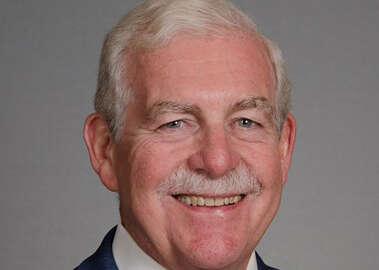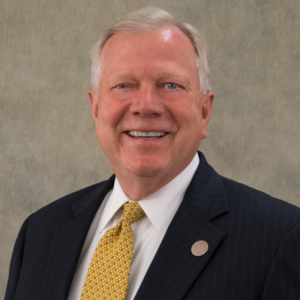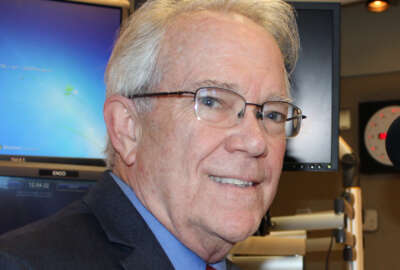
NY Gov. Cuomo, CIO Bob Samson foster innovation that matters
New York State completed a comprehensive $4 billion enterprise IT reorganization and positioned itself for rapidly accelerating innovation fostered by emerging IT...
What do you call a state reorganization that consolidates 53 data centers into one primary and one backup facility; 27 email systems into a single enterprise application; transfers over $4 billion and 4,000 employees from 47 agencies into the new centralized Office of Information Technology Services; and go from 37 CIOs to one?
In the Empire State, Bob Samson calls it the foundation for “innovation that matters for all New Yorkers.” For the rest of us, we can call it an extraordinary achievement.

“Gov. [Andrew] Cuomo (D) realized the technology was horizontal across all New York state agencies, transformative in its power and it had to be secure,” Samson said.
So in 2011, Cuomo, with thoughtful acronymical sensitivity, created the Spending and Government Efficiency Commission (SAGE) to review all phases of state government operations, the first such comprehensive analysis since Al Smith was governor in 1933.
In 2012, the commission’s IT reorganization resulted in the formation of the Office of Information Technology Services (ITS) with 1,000 employees and a $4 billion budget. But it didn’t stop there. Samson called ITS the most transformative state IT organization in the country, being among the first to designate a chief information security officer, a chief technology officer, a chief data officer and a chief operating officer.
The discussion on this week’s edition of Ask the CIO: SLED focused next on the cultural shift that allowed this reorganization plan to be executed. Samson lauded Cuomo’s enthusiastic support of the SAGE recommendations, his sponsorship and commitment to their execution and his overall leadership through all stages of its implementation; each critical to the reorganization’s success.
With the consolidation complete, Samson turned the conversation toward more recent initiatives. His description of the $4 billion overhaul of the old Tappan Zee Bridge, now name in honor of former Gov. Mario Cuomo, was riveting. Literally billions of transistors were embedded in the new bridge infrastructure for managing the bridge’s overall condition as well as its safety environment.
“The fact is that due to the technology built into that bridge it is just as much a technology project as it is a construction one,” Samson said.
Returning to the cultural changes, Samson said it was critical to “capture the imagination of our team around a fundamental principle of innovation, looking past the technology and looking at what it does, how it affects people, thus changing the trajectory of how work is done, creating a culture impatient with the status quo … fostering innovation that matters for all New Yorkers.”
Looking to the future, Samson cited five key megatrends that would guide New York in is upcoming endeavors:
- We are now entering the age of ubiquitous computing, moving from the internet of things (IoT), to an age of ubiquity, embedded in everything from cows to monitor safe milk production, to sensors in our water supplies, to snow plows for location and to assess road conditions;
- Data is the new oil, increasing by 30-40 percent each year, using business intelligence, machine learning, artificial intelligence and predictive analytics;
- Cloud computing will stimulate an acceleration in overall systems development and deployment;
- All IT is cyber, embedded in every single thing we do, and
- All four will provide the innovation that is accelerating everything we do.
Copyright © 2025 Federal News Network. All rights reserved. This website is not intended for users located within the European Economic Area.
Related Stories






